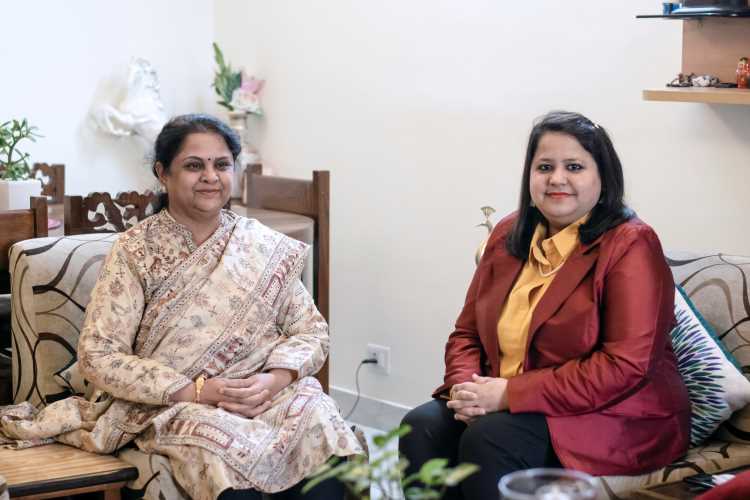
India is importing huge amounts of coal and key minerals, costing the economy in terms of domestic employment and foreign exchange. This is because the domestic mining industry is in a disarray because of piece-meal policies and ad hocism in decision making. Former steel secretary Aruna Sharma says the fortunes of the industry can be changed through a holistic approach to mining. In a conversation with Monica Bachchan, founder of Meta Logic PMS, Dr Sharma explains how the industry can be put back on track. Edited excerpts:
What are the policy changes needed in mining sector?
It’s time we reworked the approach towards mining. The industry is suffering because of the patch work approach and ad hocism in policy making. When we are sitting on a pile of raw material, imports are not something to be welcomed. Supreme court judgement on illegal mining resulted in a total disruption of the industry. Companies faced huge problems in Karnataka and Goa. Today we are going for auctions, resulting in high input costs for the industry. All end users are trying to secure their raw material supply in a very big way. More than half of steel manufacturers are MSMEs and they are largely affected by raw material auctions.
READ: Budget 2020 — Some right steps on healthcare, but still a long way to go
The latest amendment to the mining on environment laws has to be a part of the game. Any correction and intervention will have a cascading effect on many things. So, we need to have a holistic approach.
Has mining in Goa ended forever?
Goa has low-quality iron ore that is used for exports. As per the new Act, it was to be auctioned, whereas Goa went for an extension of the lease. The state government failed to conduct the auction, which damaged the state economy. Goan economy is now totally dependent on tourism.
What do you think of auctions as a way of allocation of licences?
Eastern India is dominated by merchant miners. The Supreme court said the mechanism to allocate mines has to be transparent. It did not suggest auctions. Idea behind auctions was that the mining will be done by commercial miners who will sell minerals to end users. However, because of the rush to secure supplies, end users have become miners.
The fluctuation of iron ore prices affects steel producers. All big integrated steel plants are securing raw materials through auctions. The problem is that the raw materials will become unaffordable for MSME sector. There may be a case for reserving smaller mines to a consortium of secondary players.
READ: Climate change — Indian monsoon among nine possible tipping points
Auctions may not be the only solution. How many times do we have to rush to the Supreme Court over the mining cap in Karnataka? All the ministries can sit together and work out a solution to this problem. Donimalai is another ad hoc decision. Chhattisgarh has already extended the lease. The kind of money government exchequer gets from auctions can be collected from royalties. The government can’t earn revenues at the cost of the manufacturing industry.
Why mining is very important for Indian economy?
Prime minister Narendra Modi always talks about enhancing manufacturing through make in India. The Foundation of Resource Convergence, of which I am a vice-chairperson, has identified 10 sectors where India can become a global leader and mining is one of them. Mining contributes 1.53% of India’s gross domestic product and there is a huge scope to increase it. The industry also supplements dependent sectors in infrastructure and manufacturing. So there is a need to tap its full potential.

